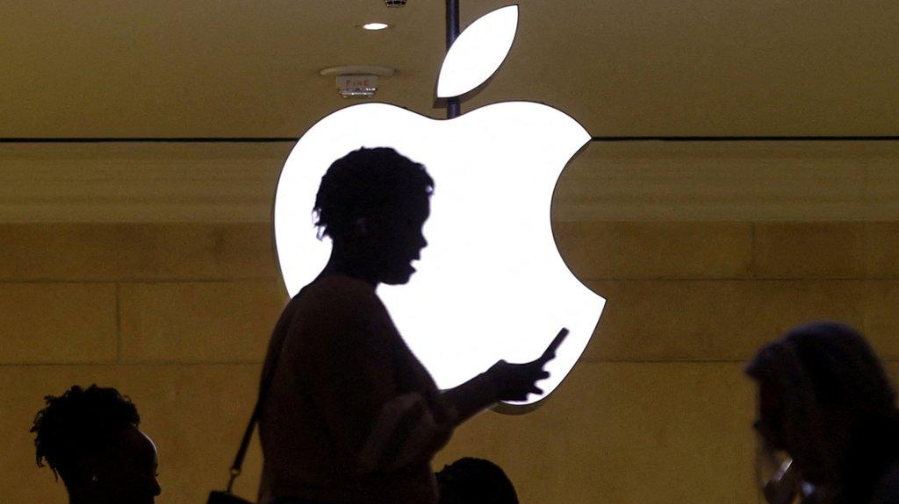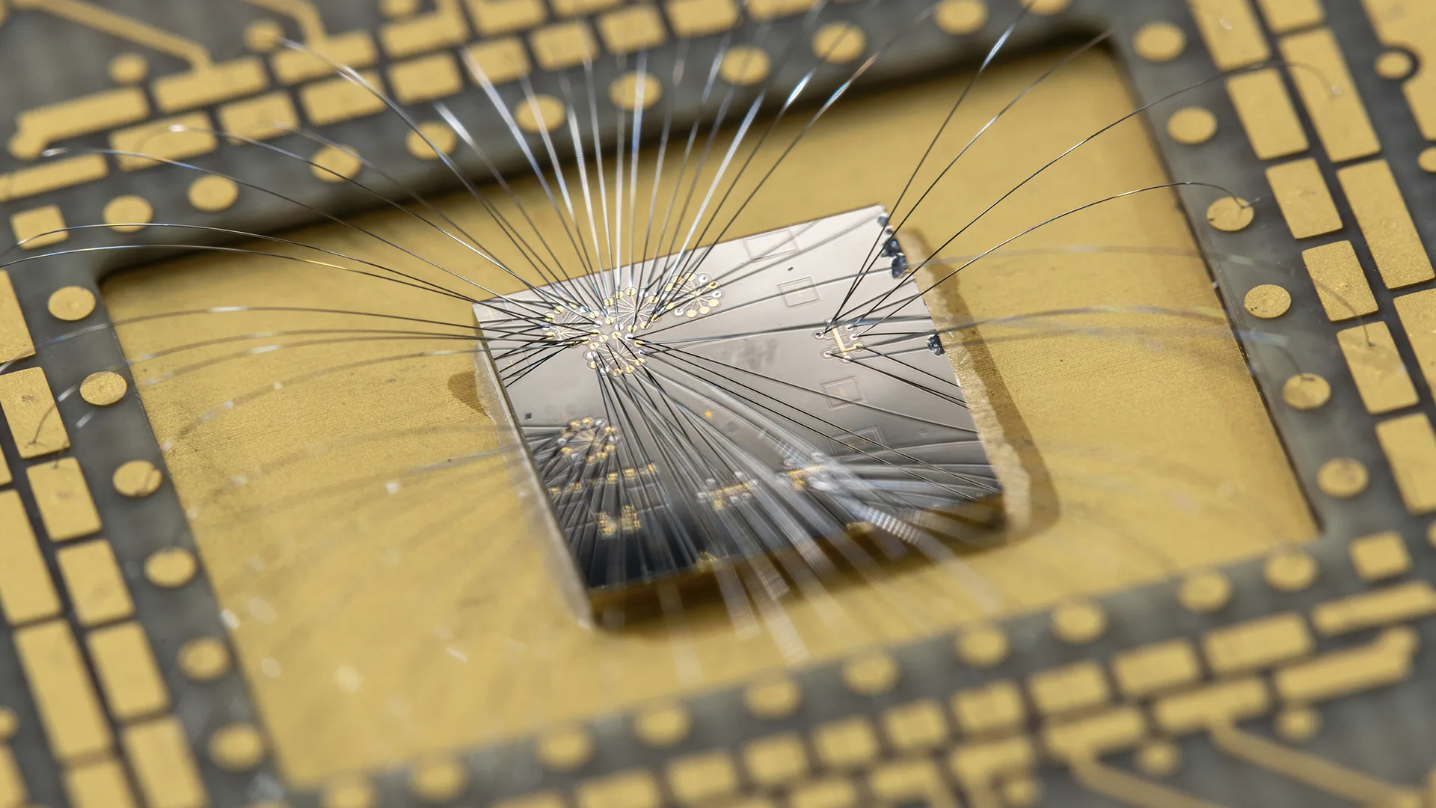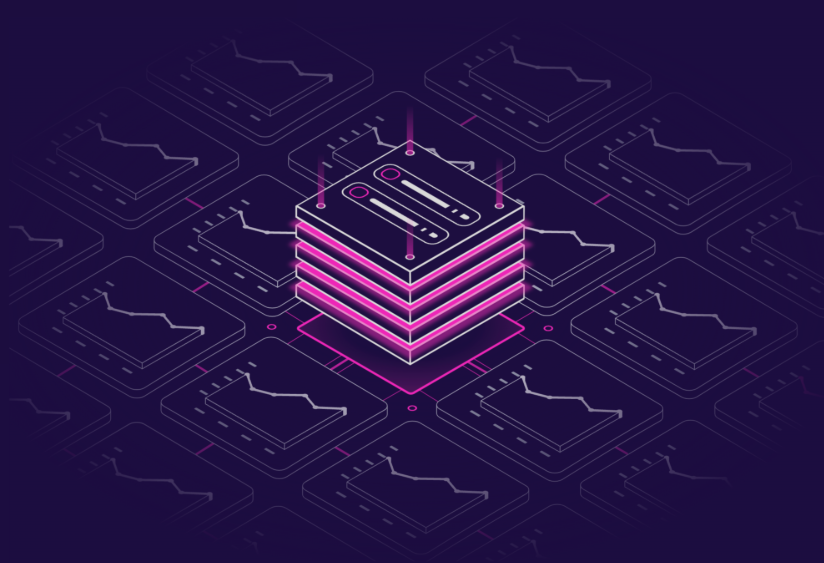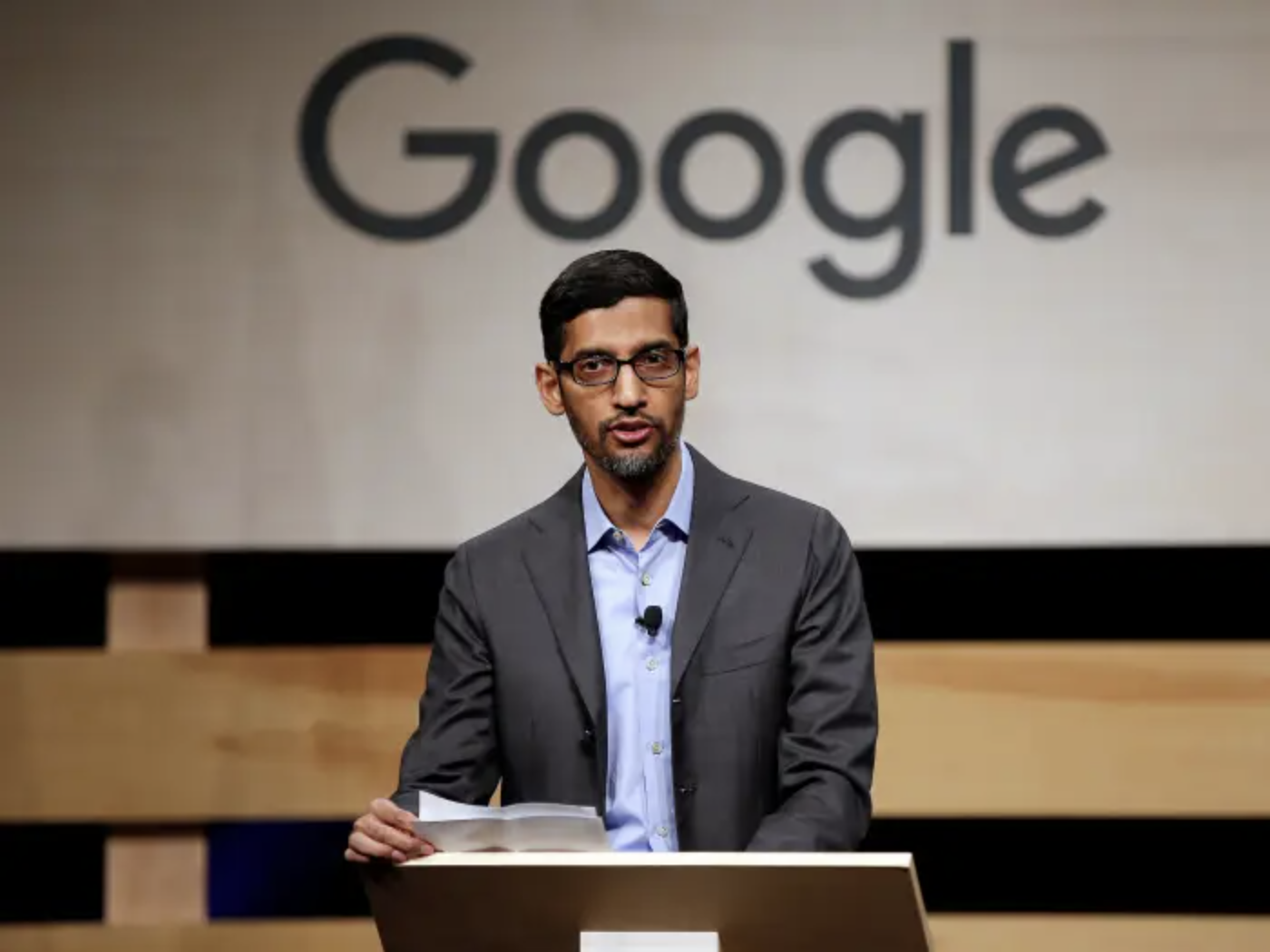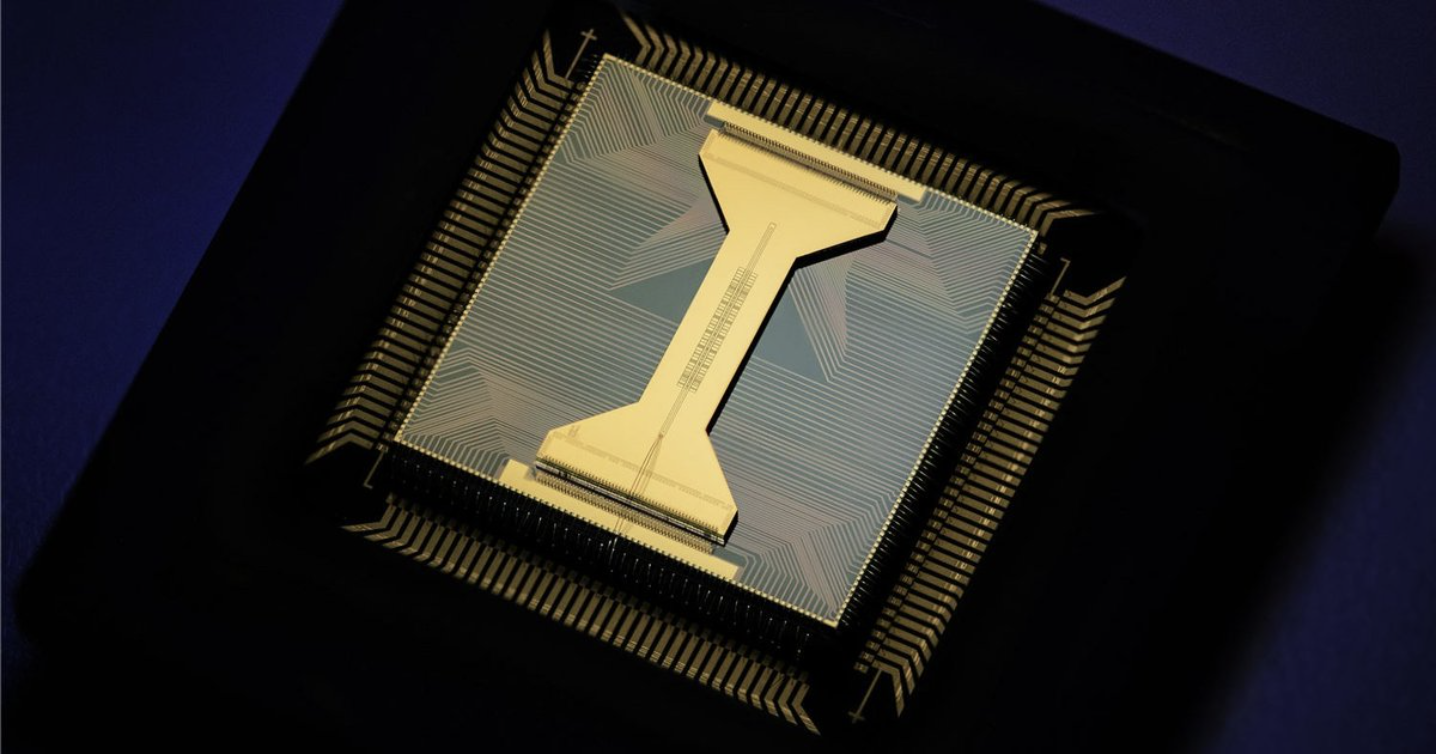
Quantinuum has introduced a new generative quantum AI framework called Gen QAI. The company claims this innovative framework uses quantum-generated data to enable applications in areas like drug development, financial market prediction, and logistics and supply chain optimization.
The H2 quantum computer powers this framework, and Quantinuum says it can be used to train AI systems, significantly improving the accuracy and performance of AI models.
The company has been working on generative quantum AI since 2019, initially focusing on creating quantum systems specifically for machine learning. Their research team has been dedicated to transforming key AI techniques, like word embeddings, recurrent neural networks, and transformers, into the quantum space, especially for natural language processing (NLP).
While it’s unclear which exact breakthroughs are driving the Gen QAI framework, Quantinuum highlights that it combines the strengths of high-performance computing (HPC), large language models (LLMs), and quantum computing. We reached out to the company for more information and will update the story once we hear back.
Dr. Raj Hazra, Quantinuum’s President and CEO, says that we are now at a point where what was once hypothetical is becoming reality. He believes the breakthroughs enabled by quantum-generated data will create substantial commercial value in numerous industries.
Gen QAI is a result of the company’s leadership in hybrid classical-quantum computing, offering a completely new approach to AI that could change the field dramatically, according to Hazra.
The team behind Quantinuum’s quantum AI initiative brings together expertise in both quantum computing and machine learning. Leading the effort is Dr. Steve Clark, a former Oxford and Cambridge faculty member with extensive experience at DeepMind. He works alongside Dr. Konstantinos Meichanetzidis, a quantum physics and AI expert.
Instead of simply adapting traditional AI models for quantum hardware, Quantinuum is taking a quantum-first approach. This means they are embracing the unique properties of quantum systems—like entanglement and interference—so the AI models are not just tweaks of existing methods but entirely reimagined to take full advantage of quantum computing.
Quantinuum plans to share results from its ongoing collaborations later this year. One notable collaboration is with the HPE Group in Italy, focusing on applying quantum computing in the automotive industry. HPE’s Enzo Ferrari highlighted how quantum-generated data could be used for advancements in areas like battery development, aerodynamic optimization, and fuel innovation.
Looking ahead, Quantinuum is also working on the Helios system, which is expected to launch by mid-2025. This new system is anticipated to further boost their computational power. The Gen QAI framework will play a key role in enhancing the use of Metallic Organic Frameworks for drug delivery, potentially leading to more efficient and personalized treatments. More details will be revealed once Helios is operational.




